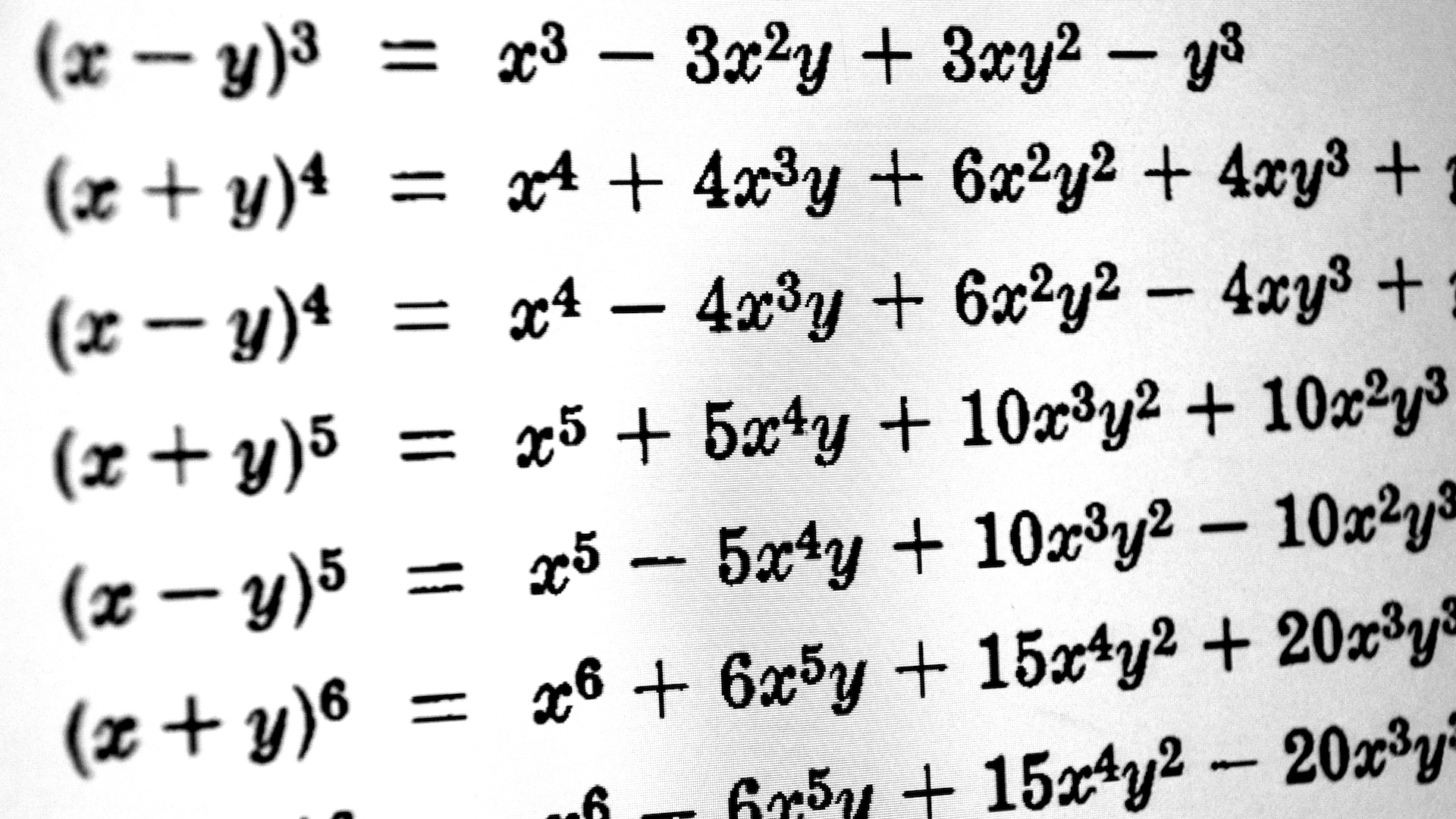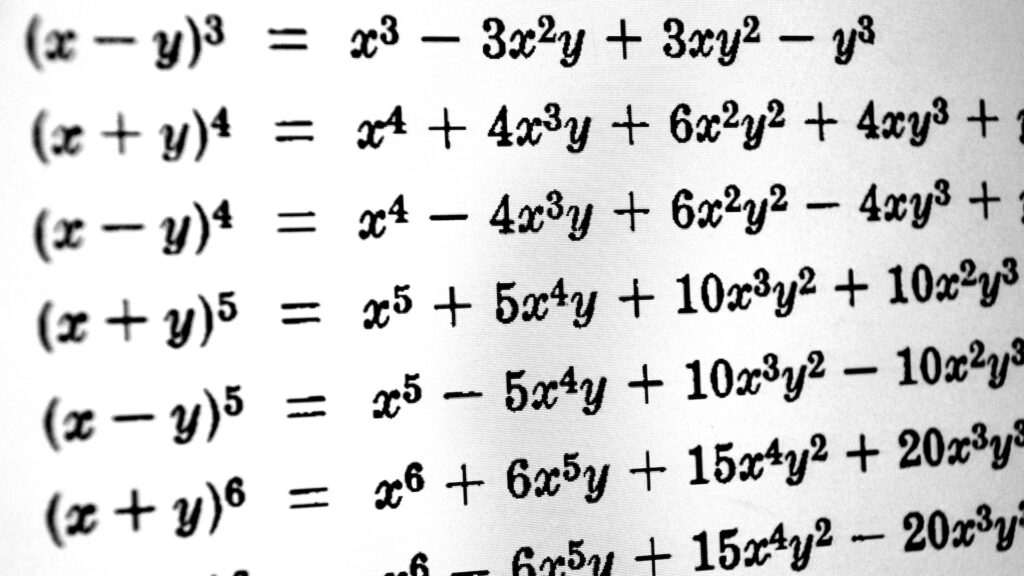
Polynomial equations are a cornerstone of modern science, providing a mathematical basis for celestial mechanics, computer graphics, market growth predictions and much more. But although most high schoolers know how to solve simple polynomial equations, the solutions to higher-order polynomials have eluded even seasoned mathematicians.
Now, University of New South Wales mathematician Norman Wildberger and independent computer scientist Dean Rubine have found the first general method for solving these devilishly difficult equations. They detailed their approach April 8 in the journal The American Mathematical Monthly.
A polynomial is a type of algebraic equation that involves variables raised to a non-negative power — for example, x² + 5x + 6 = 0. It is among the oldest mathematical concepts, tracing its roots back to ancient Egypt and Babylon.
Mathematicians have long known how to solve simple polynomials. However, higher-order polynomials, where x is raised to a power greater than four, have proved trickier. The approach most often used to solve two-, three- and four-degree polynomials relies on using the roots of exponential numbers, called radicals. The problem is that radicals often represent irrational numbers — decimals that keep going to infinity, like pi.
Related: Mathematicians just solved a 125-year-old problem, uniting 3 theories in physics
Although mathematicians can use radicals to find approximate solutions to individual higher-order polynomials, they have struggled to find a general formula that works for all of them. That’s because irrational numbers can never fully resolve. “You would need an infinite amount of work and a hard drive larger than the universe,” Wildberger said in a statement.
In their new method, Wildberger and his colleagues avoided radicals and irrational numbers entirely. Instead, they employed polynomial extensions known as power series. These are hypothetically infinite strings of terms with the powers of x, commonly used to solve geometric problems. They belong to a sub branch of mathematics known as combinatorics.
The mathematicians based their approach on the Catalan numbers, a sequence that can be used to describe the number of ways to break down a polygon into triangles. This sequence was first delineated by Mongolian mathematician Mingantu around 1730 and was independently discovered by Leonhard Euler in 1751. Wildberger and Rubine realized that they could look to higher analogues of the Catalan numbers to solve higher-order polynomial equations. They called this extension “the Geode.”
The Geode has numerous potential applications for future research, especially in computer science and graphics. “This is a dramatic revision of a basic chapter in algebra,” Wildberger said.
